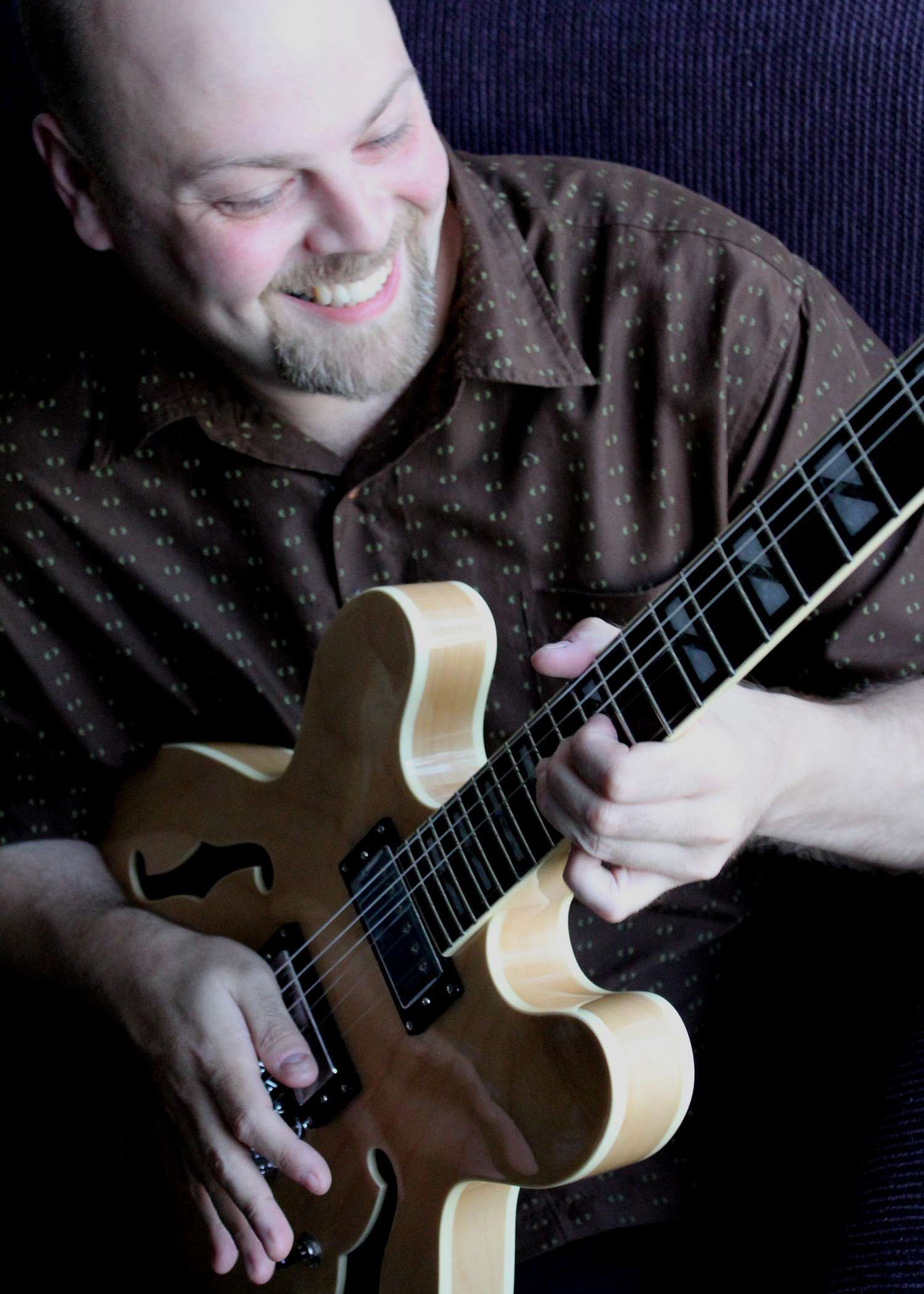After enough predictable PowerPoint slides and monotonous note-taking, it’s easy to find yourself wishing for a teacher like Jack Black in School of Rock to come and shake up your lecture with an unconventional musical component. If that’s the case, then you should try taking a class with McGill’s homegrown version: Faculty of Education lecturer—and professional roots musician—Dale Boyle.
“It’s a little less blatant than that,” laughs Boyle when I ask how his classes compare to Black’s. “A little more naturally integrated than he does it [….] But I always get to perform in my classes.”
Boyle lectures specifically in the Department of Integrated Studies in Education (DISE), leading courses based in educational research and theory.
“In a theory course—at least for a class or two—I’ll look at arts-based research, a big part of that being music,” explains Boyle. “It’s just kind of questioning what constitutes academic knowledge.”
“In Research Methods, we actually explore something I created called ‘musical memo-ing,’ which is turning data into musical form.”
Essentially, the memos represent a means of transforming key phrases that emerge from analysis of qualitative data into succinct lyrical and musical form.
Unlike Black, Boyle’s teaching methods are very structured. After completing undergraduate and master’s degrees at McGill—the former of which he began in 1998—Boyle stuck around campus to pursue a PhD in Education that studied the use of music as a classroom tool, which he completed in 2011.
“The official title [of the thesis], which I sadly have memorized,” says Boyle, “is ‘Exploring a University Teacher’s Approach to Incorporating Music in a Cognition Psychology Course.’”
For many students, working towards a PhD would be enough of a time strain, but Boyle kept himself constantly busy with other musical side projects throughout the doctorate.
“I recorded at least two [albums] while doing my PhD,” says Boyle. “And recording an album means strapping yourself in for a serious ride.”
Luckily, Boyle was already well versed in recording by the time he was a PhD candidate. In 2004, he released his first full-length album, In My Rearview Mirror: A Story From a Small Gaspé Town. That was also when he realized he wanted to perform and record roots music, which is a stylistic hybrid of folk, Americana, and some blues.
“Despite the fact that I grew up often listening to country and folk music—and at times rejecting it and listening to metal—I just found that when I went to perform, I kind of went back to my roots and played a more traditional country-folk type of sound,” says Boyle.
Boyle released another full-length album of self-composed songs in 2007 and spent the next few years mostly sitting in on other artists’ projects. His most recent effort, Throwback (2012), has garnered both local and international acclaim.
Although he performs regularly in Montreal and has graced stages elsewhere in Canada and the United States, Boyle admits that his main focus is songwriting. This passion led him to discover the International Songwriting Competition, an open-submission contest that has recently featured well-known judges such as Tom Waits, Jeff Beck, and Martina McBride; it would also become a crucial stepping-stone for Boyle on his musical journey.
“I’ve applied [to the competition] over the years,” says Boyle. “But there was one particular song [called “You Might Come Around”] that I did believe pretty strongly in, and it turns out that it did win second place in the Americana category.”
The third place finisher? Josh Ritter, a prominent American singer-songwriter whose albums have cracked the top 10 of Billboard charts.
It meant a lot to Boyle to be recognized among so many who share his love of the craft.
“It’s just fairly cool to throw a song out there and just have people select it and appreciate it for what I thought it was,” he says. “I thought it was a pretty good song, and it’s encouraging when others think the same.”
Since Boyle’s second-place finish in 2013, he hasn’t made any definite plans for another full-length album, but he’s excited about the studio time he’s been putting in recently with bassist James Blennerhassett—who has worked with Steve Earle and Paul Brady—and drummer Kenny Aronoff—who has worked with John Mellencamp and John Fogerty—musicians that he’s long admired. He’s also content to continue the balance he’s struck between McGill and his music.
“The good thing about teaching a bit, at least to the degree I have been, is that I’m essentially able to pay the bills,” Boyle says. “Now, I just play when I want to, when it suits me; and I focus a lot of attention on my songwriting, it’s a pretty nice balance right now.”
It’s a system that has served the McGill mainstay well. A couple of years from now, he’ll be teaching an incoming freshman class born in 1998, the same year he arrived on campus.








